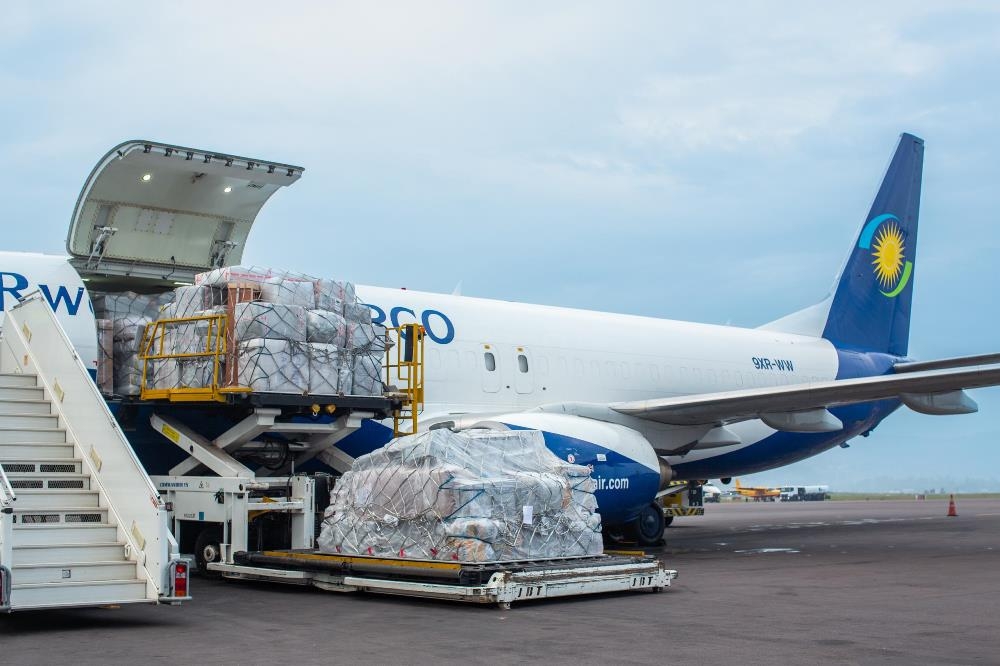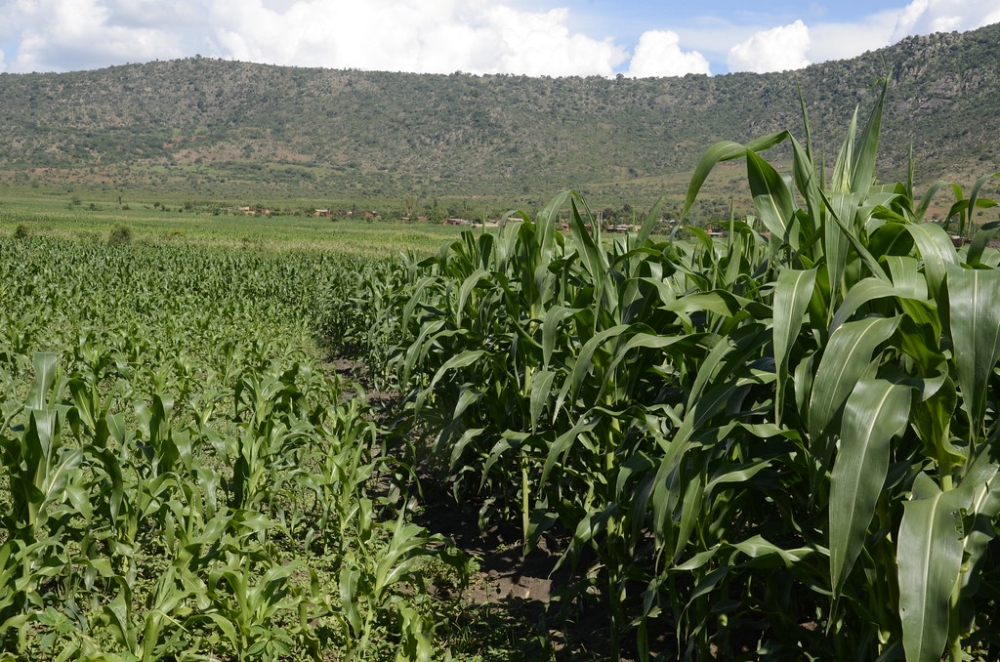As Rwandans today join the rest of the world to mark the World Aids Day, we must remember that the battle against the global pandemic is far from over yet, even though significant gains have been made in the recent past. Nationally, new infections have reduced by about a half over the past three years. At the same time, Aids-related deaths have significantly reduced by 83 per cent, thanks to the government efforts to scale-up distribution of anti-retroviral drugs to infected persons. Today, more than 90 per cent of infected persons who need the drugs can now access them.

As Rwandans today join the rest of the world to mark the World Aids Day, we must remember that the battle against the global pandemic is far from over yet, even though significant gains have been made in the recent past.
Nationally, new infections have reduced by about a half over the past three years. At the same time, Aids-related deaths have significantly reduced by 83 per cent, thanks to the government efforts to scale-up distribution of anti-retroviral drugs to infected persons. Today, more than 90 per cent of infected persons who need the drugs can now access them.
Even more encouraging is the fact that infection rates among the most vulnerable age group (15-49) now stands at three in every 100 people, one of the lowest in sub-Saharan Africa.
Despite all these gains, the government says that it is not time to be complacent and is rolling out a $1billion five-year (2013-2018) strategy aimed at further reducing new infections by two thirds, fight stigma/ discrimination as well as reduce deaths caused by HIV/Aids.
The public too should pick lessons from the government’s renewed commitment to fight HIV by not becoming complacent and most important by supporting the new initiative; especially to ensure no new infections occur.
As some activists have correctly pointed out, it is indeed possible to have an HIV/Aids-free society as long as the right policies, right attitude and adequate resources are put in place. For example, with the right application of a multi-prong approach, new infections can be reduced further and eventually eliminated completely through such interventions as prevention of mother-to-child transmission, abstinence and use of condoms.
As long as new infections are stopped, the other aspects of the disease such as stigma and treating those already infected are relatively easier to deal with.
Therefore, with zero new infections, zero stigma and zero HIV/Aids-related deaths, together we can achieve a world free of Aids.




